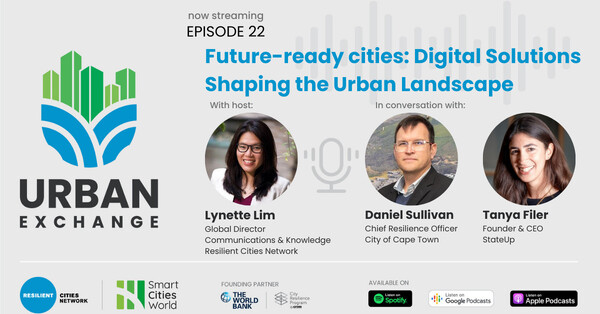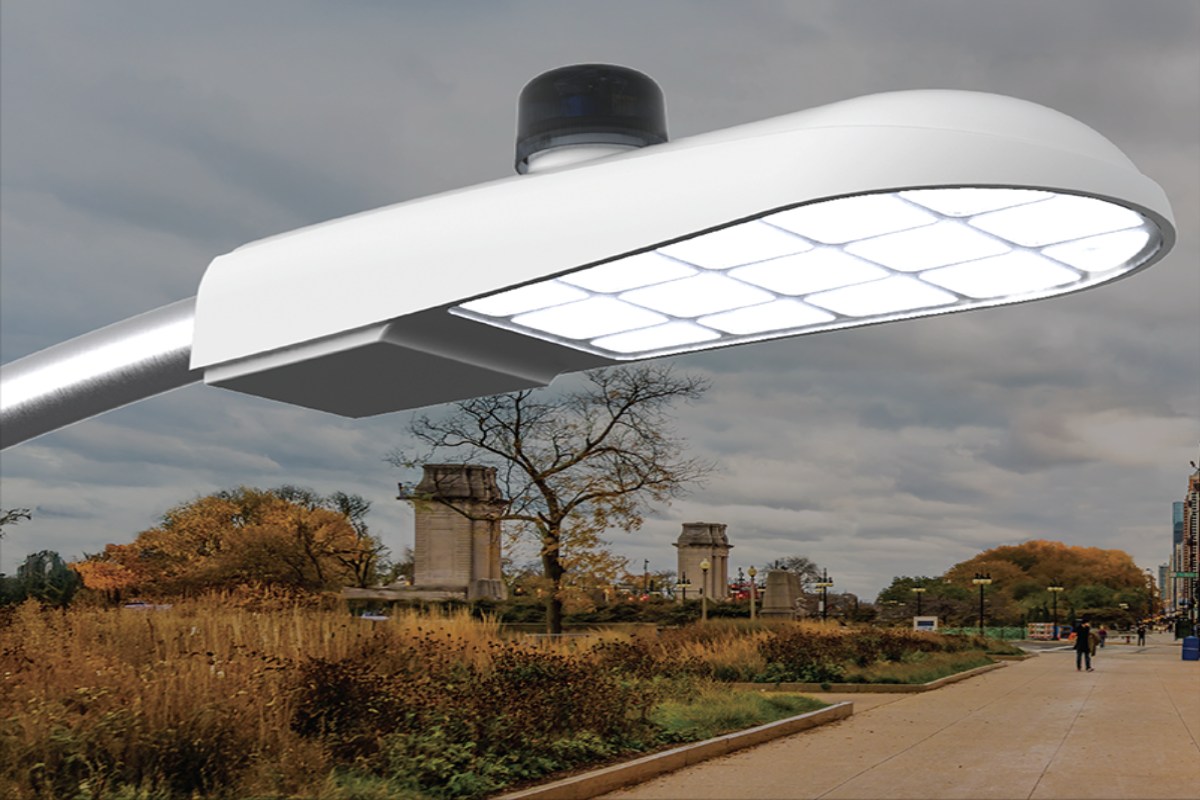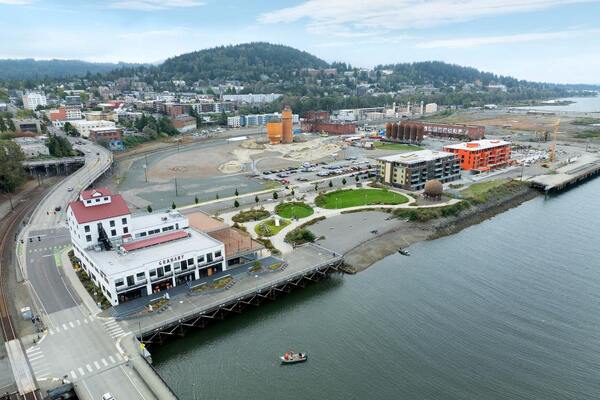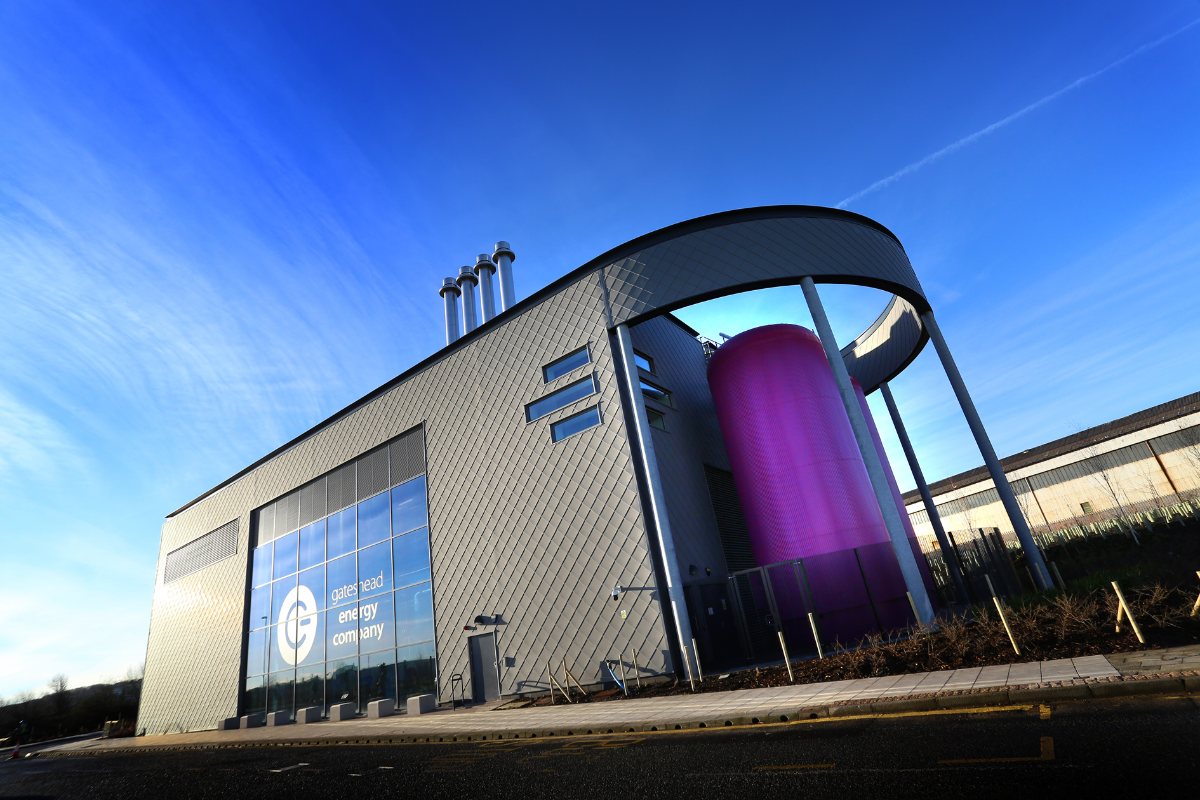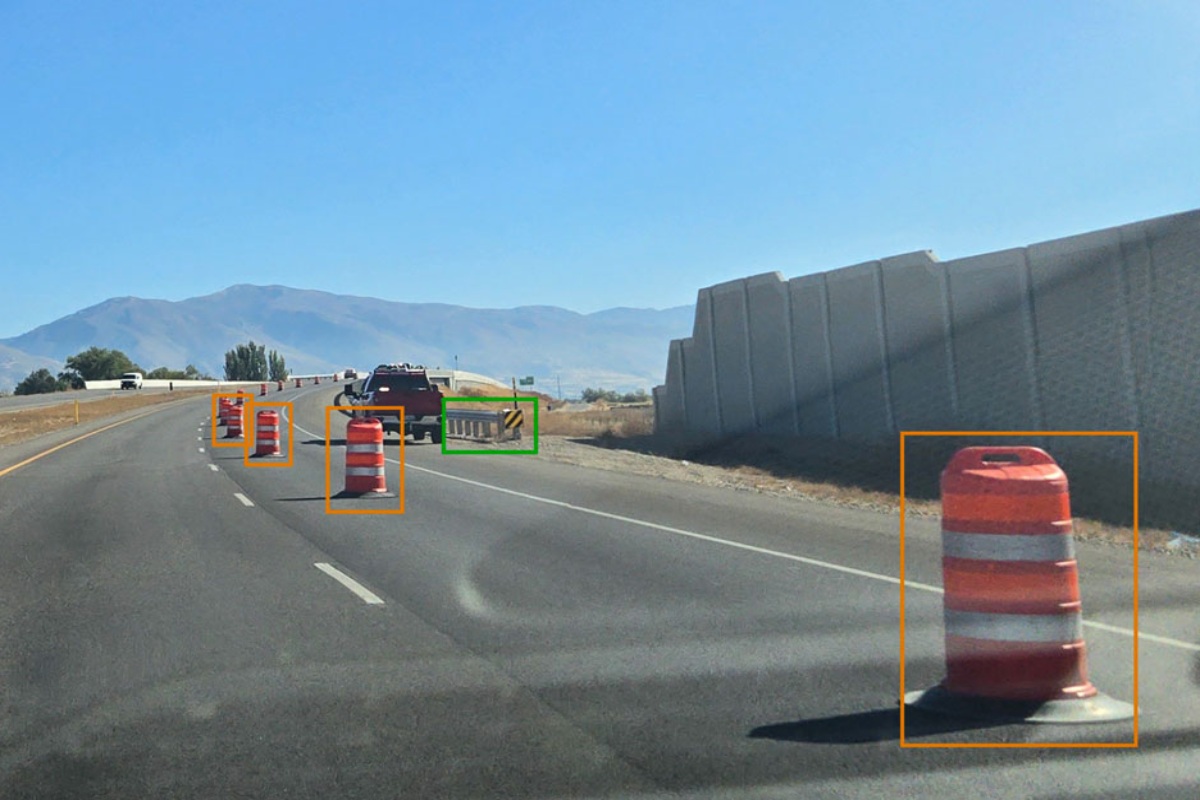Special Reports
SusHi Tech Tokyo 2024: experience ‘Tokyo 2050’ todaySponsored by The SusHi Tech Tokyo 2024 Showcase Program Executive Committee
How citizen-centric are you?
SmartCitiesWorld is running a research survey to understand what cities need in order to better engage citizens in city development and smart city initiatives.

Take the survey
The good news is that in almost all conversations about smart cities these days, the message has discernibly shifted – it’s largely no longer about chasing shiny new tech and finding a way to use it but rather about finding out what citizens need and how the city can be improved then picking the right tools from the growing variety available.
Few would deny that citizens should be at the centre of the conversation about how their city develops but in practice, like most things, the reality is more complex.
In a recent SmartCitiesWorld poll, we asked cities and suppliers how they prioritise their smart city efforts. Just 19 per cent of cities said they ask citizens and this dropped to 11 per cent overall.
Last year, research from location-based marketing company Posterscope found that less than a quarter of UK consumers are aware of the term ‘smart cities’. Meanwhile, the UK’s All-Party Parliamentary Group on Smart Cities recently concluded that the term can be “alienating” and needs to be both simplified and demystified.
Citizens say they are concerned about the use of artificial intelligence (AI) in decision-making, the ethics of the technology and its impact on jobs. There’s also growing public debate about data ownership and who benefits from data, as well as how it’s used and managed.
Participation pays off
Cities that have managed to engage citizens – at scale – are seeing results.
Cities that have managed to give cities a say – at scale – are seeing results.
Madrid City Council, for example, uses the Decide Madrid platform to facilitate participatory budgeting. Every year, citizens decide how €100 million is spent. They can also have their say on developments within the city, view open data, gain an insight into City Council processes and initiatives, shape legislation and debate city issues with their fellow residents.
Madrid has around 3 million residents, and over 400,000 of them are registered on Decide Madrid.
A number of other cities are now using similar platforms too.
Miguel Arana Catania, Madrid’s Director of Citizen Participation, told SmartCitiesWorld: “We have seen it every time in every city, big and small, every kind of context from crisis contexts to more wealthy societies – it is always the case that the money is used in a more efficient way, human rights are more protected, and minorities are more taken care of. It’s better decisions in all senses."
Scaling it
There are a growing number of other examples of citizen participation, including outcome-based procurement, ’nudging’, public art and many more.
Engaging citizens at scale isn’t yet the norm by any stretch but for many cities it is now the goal.
Engaging citizens at scale isn’t yet the norm yet but for many cities, it is now the goal.
At SmartCitiesWorld we’re conducting research on this – in association with Amey and Ferrovial Centre of Excellence for Cities. We want to understand current levels of citizen engagement, successful approaches, roadblocks and more.
We hope that creating a snapshot of where cities and the public sector are now with citizen engagement as well as the challenges they face will help the whole industry to move ahead.
Take the survey







